Ignition System: What You Need to Know to Keep Your Car Starting Smoothly
Ever wonder why a car sometimes refuses to start, even after you turn the key? Most of the time it’s the ignition system acting up. The ignition system is what creates the spark that lights the fuel in your engine, and if any part of it is weak, you’ll feel it right away – a slow crank, a click, or no sound at all.
Let’s break down the basics so you can spot problems before they leave you stranded. Think of the system as a tiny relay team: the battery sends power, the starter cranks the engine, the ignition coil boosts the voltage, and the spark plugs fire the fuel–air mixture. If one player drops the ball, the whole race stalls.
Quick Spark Plug Checks
Spark plugs are the most common weak link. They wear out, get fouled with carbon, or simply loosen over time. Here’s a fast way to check them:
- Pull the plug wire or coil pack and inspect the plug tip. If it looks black, oily, or melted, replace it.
- Measure the gap with a feeler gauge. Most plugs need a 0.6‑0.8 mm gap; anything off can cause misfire.
- Give it a gentle wiggle. If it’s loose, tighten it just enough – over‑tightening can crack the ceramic.
Most drivers change spark plugs every 30,000‑50,000 miles. If you’re hitting that mileage or notice rough idling, it’s time for a swap.
Common Ignition System Problems and Easy Fixes
Dead battery or weak charge. A weak battery can’t supply enough power to the coil. Test the voltage with a multimeter – you should see around 12.6 V at rest. If it’s low, recharge or replace the battery.
Faulty ignition coil. The coil’s job is to turn low‑voltage battery power into the high‑voltage spark. Symptoms include a clicking sound when you turn the key or intermittent starts. Swap the coil with a known good one to confirm.
Bad crankshaft position sensor. This sensor tells the computer when to fire the spark. A failing sensor often triggers a check‑engine light and erratic idle. Scanning the ECU for codes can point you straight to it.
Worn distributor cap or rotor (in older cars). Cracks or carbon tracks on the cap can cause weak sparks. Look for visible signs of wear and replace the whole set if needed.
Most of these fixes are quick DIY jobs, but if you’re unsure, a local garage like Northwich Tyres Centre can run a diagnostic and get you back on the road fast.
In summary, keep an eye on your spark plugs, make sure the battery is healthy, and listen for any odd sounds when you turn the key. A little regular maintenance can save you from a surprise no‑start situation later. Got a specific ignition issue? Drop a comment or swing by the shop – we love helping drivers keep their engines humming.
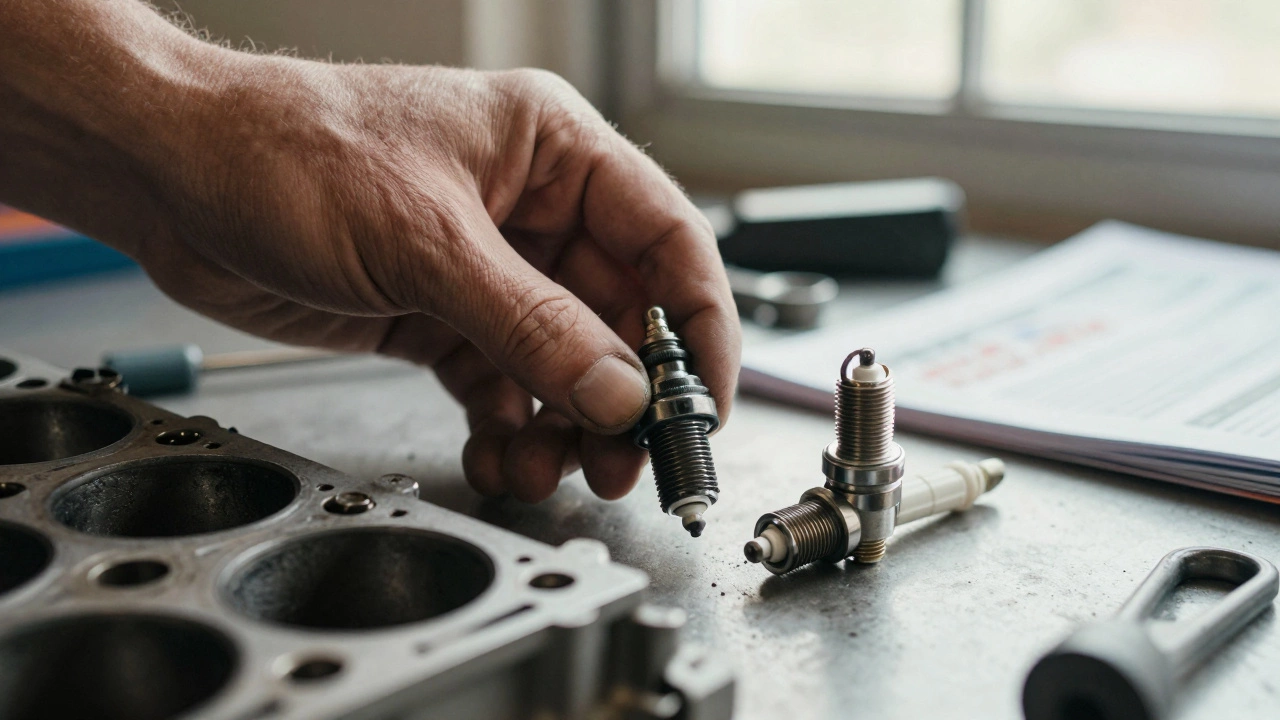 4 January 2026
4 January 2026
Are Cars More Responsive After Spark Plug Change? Here's What Really Happens
Replacing worn spark plugs restores engine responsiveness and smoothness - not by adding power, but by fixing what was broken. Here's what actually changes after a plug swap.
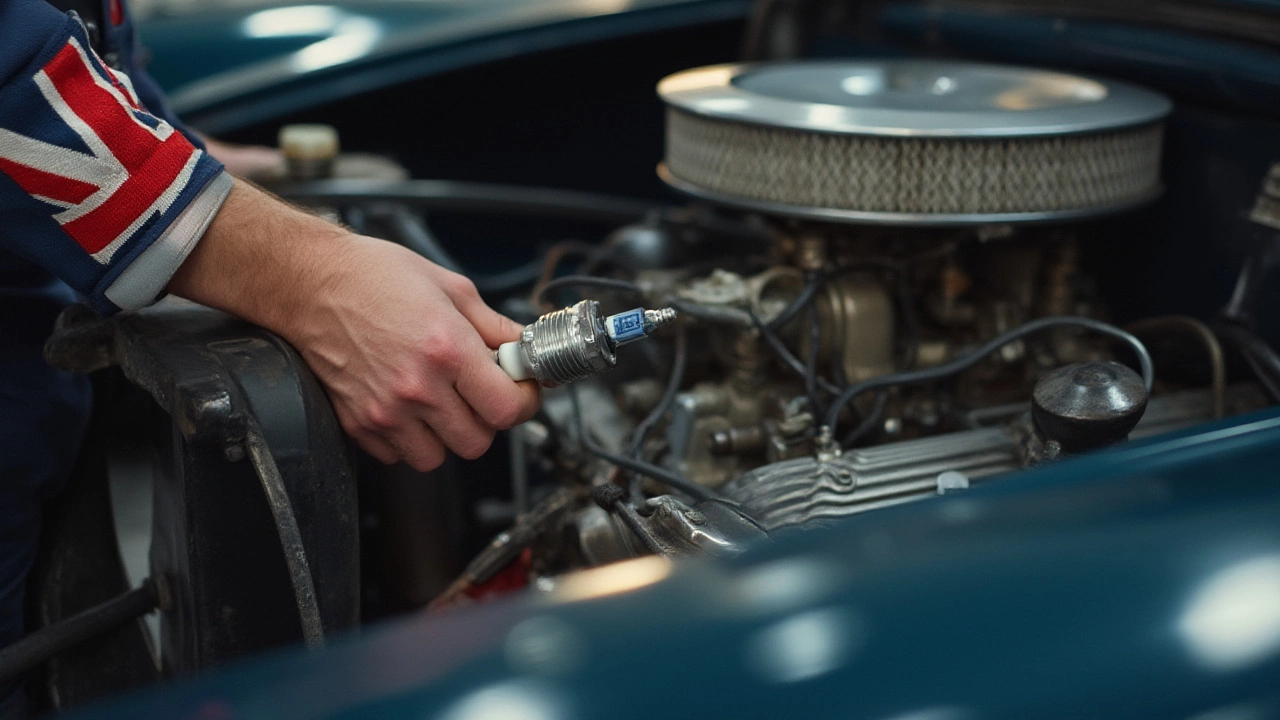 29 July 2025
29 July 2025
Do Spark Plugs Really Improve Engine Performance? Complete Guide
Explore how spark plugs affect engine performance, efficiency, and longevity. Learn what makes a difference and get expert tips for better car performance.
 2 July 2025
2 July 2025
Bad Spark Plugs: What Really Happens to Your Engine
Curious what happens when spark plugs go bad? Discover the real-world symptoms, the science behind engine trouble, and practical tips to diagnose and fix it fast.
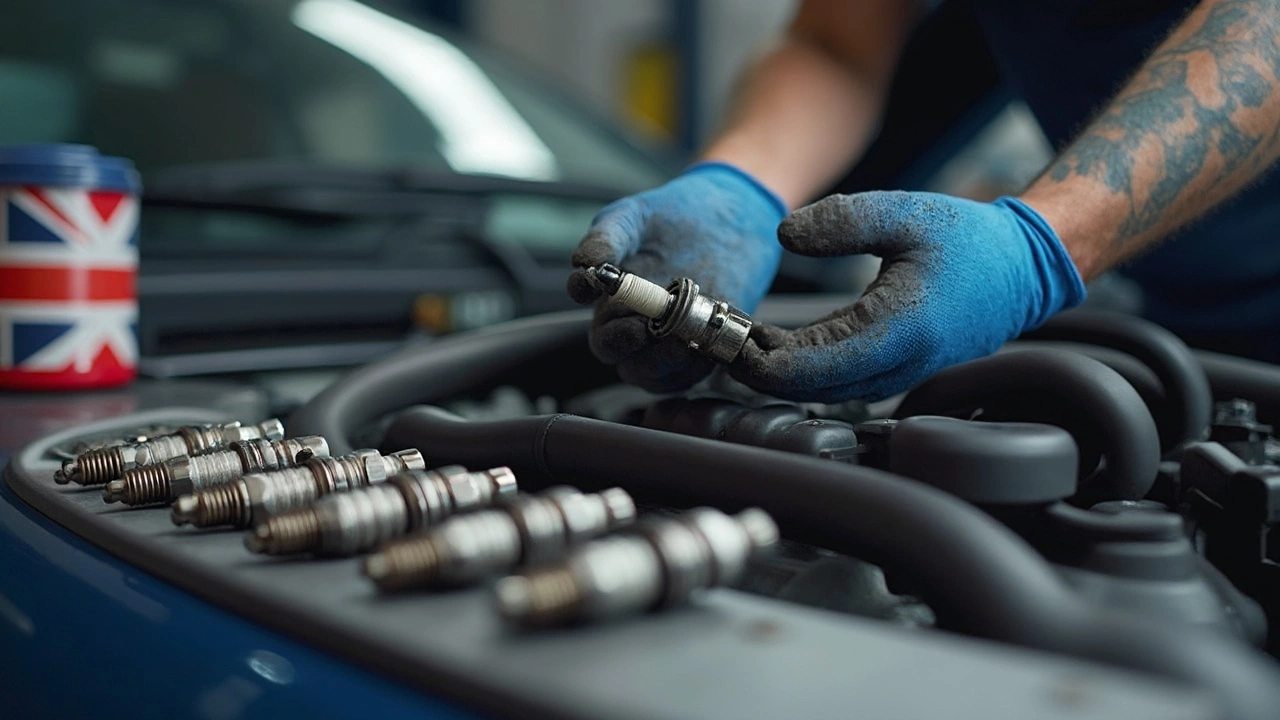 2 June 2025
2 June 2025
Do Spark Plugs Make Engines Run Better? The Real Story
This article breaks down how spark plugs actually impact engine performance. It explores whether new or upgraded spark plugs make your engine run smoother, improve gas mileage, or add power. You'll learn about when it's worth swapping them out, signs they're causing trouble, and some handy tips for getting the most from your plugs. Straight answers, real-life advice, and no extra fluff—just what you need to know.
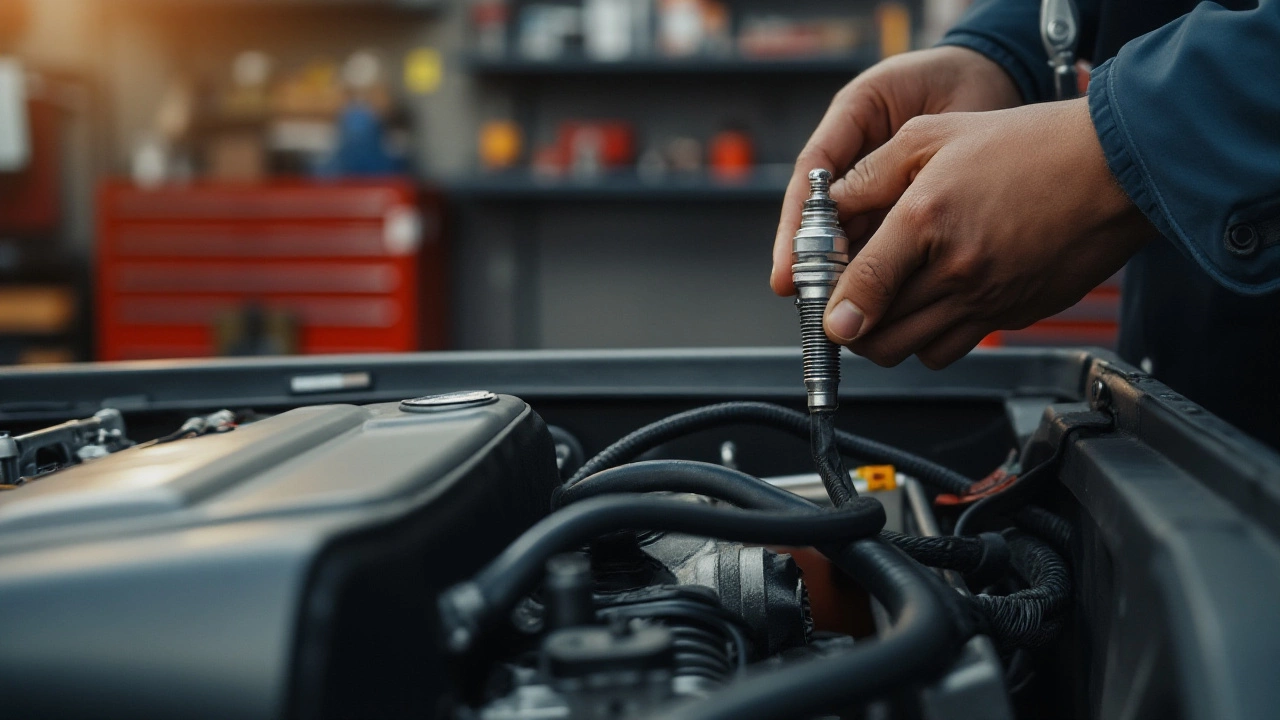 2 January 2025
2 January 2025
Beyond Ignition: The Full Role of Spark Plugs in Your Engine
Spark plugs are essential components in your vehicle's ignition system, but their duties extend beyond just starting your engine. They play a vital role in ensuring efficient engine performance, contributing to optimum fuel consumption and reducing emissions. This article explores the multifaceted functions of spark plugs and offers insightful tips on maintenance for extended engine longevity.
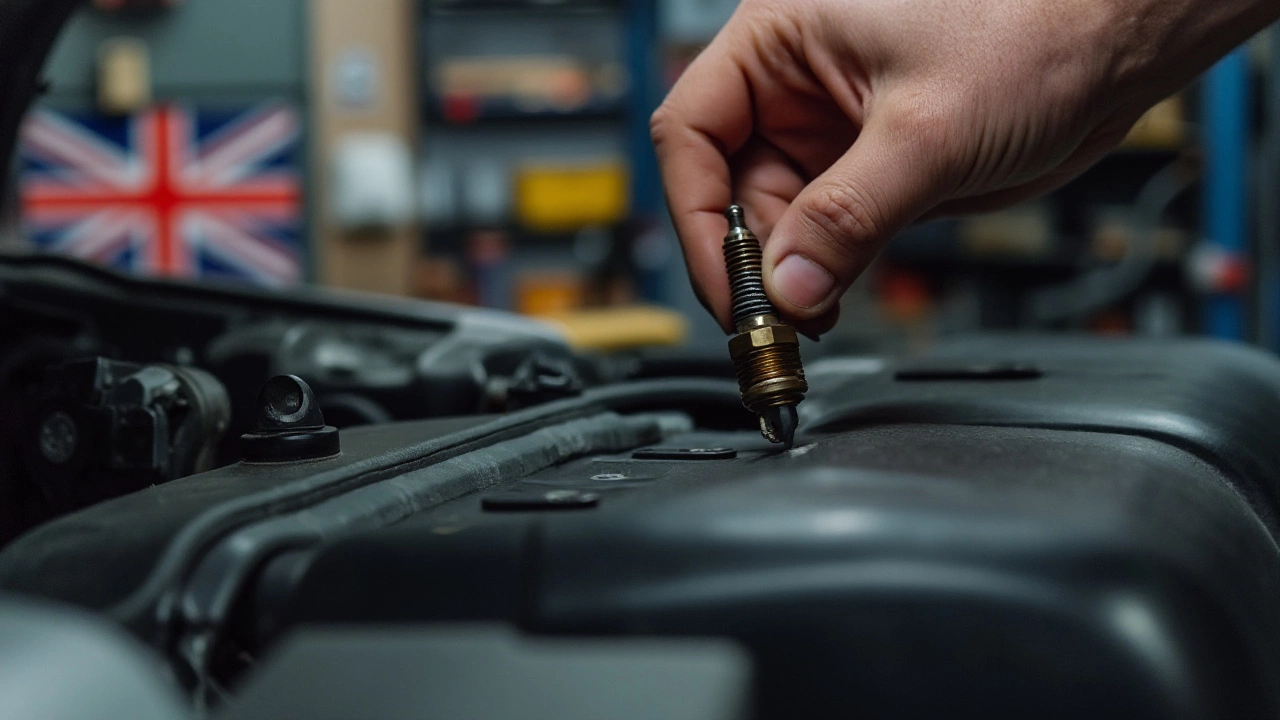 25 December 2024
25 December 2024
Signs Your Spark Plugs Need Replacing and Tips for Maintenance
Knowing when to replace your spark plugs is crucial for maintaining optimal engine performance. This article delves into common signs indicating worn-out plugs, the role they play in your engine's health, and tips for extending their lifespan. By understanding these aspects, car owners can prevent misfires, reduce fuel consumption, and avoid costly repairs. Stay informed to keep your vehicle running smoothly.
Latest Posts
-
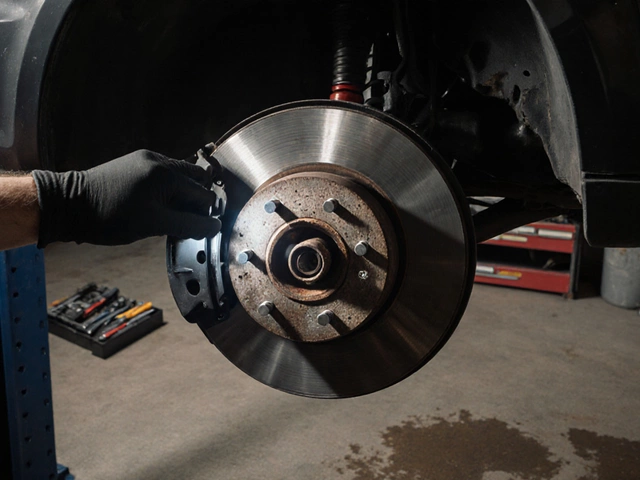
Can You Replace Just One Set of Brake Pads? Here's What Mechanics Really Say
-

What Does a Complete Clutch Kit Include? Discover the Essentials
-

Do Alloy Rims Rust? The Truth About Alloy Wheel Corrosion and Maintenance
-

Clutch Kit Labour Cost Explained: 2025 Guide to Clutch Replacement Prices
-

What Helps a Bad Fuel Pump? Fixes, Temporary Solutions, and When to Replace It
Tags
- car maintenance
- engine oil
- spark plugs
- brake pads
- engine performance
- vehicle maintenance
- spark plug replacement
- windshield wipers
- fuel pump
- suspension parts
- clutch replacement
- clutch kit
- car performance
- oil change
- air filters
- car suspension
- car radiator
- exhaust systems
- engine misfire
- fuel pump failure

0